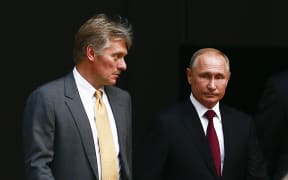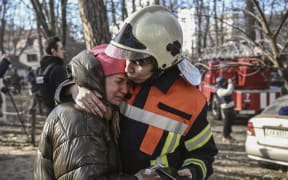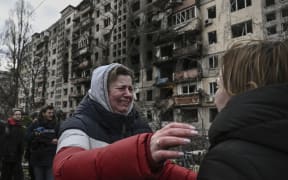NATO is set to tell its military commanders to draw up plans for new ways to deter Russia following Moscow's invasion of Ukraine, including more troops and missile defences in eastern Europe, according to officials and diplomats.
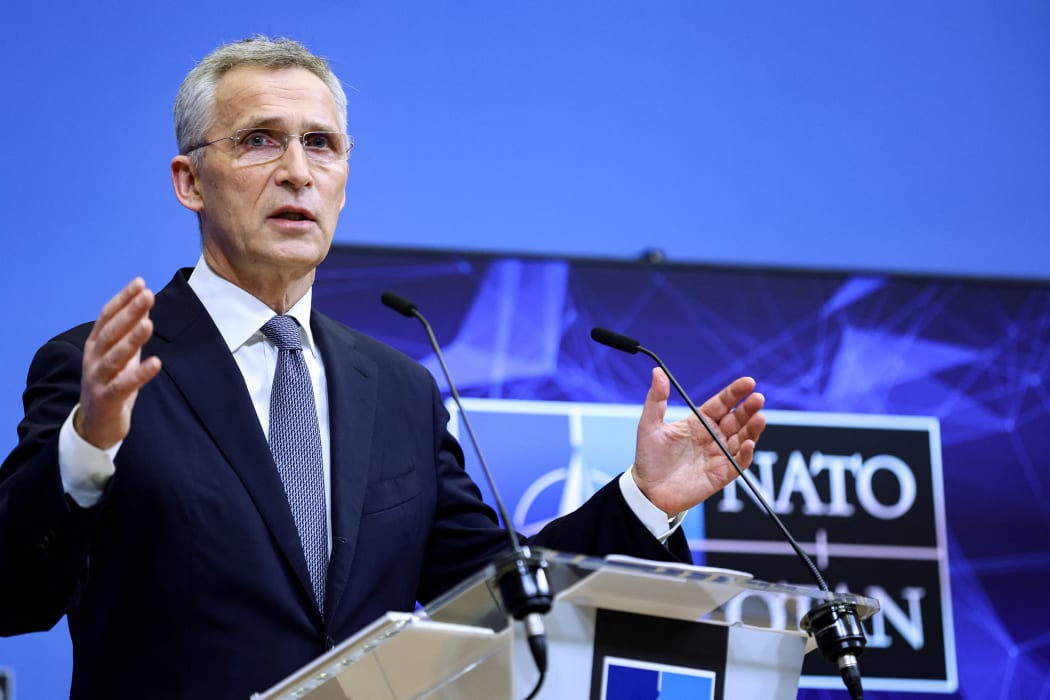
NATO Secretary General Jens Stoltenberg speaks ahead of the alliance's Defence Ministers' meeting at the NATO headquarters in Brussels on 15 March, 2022. Photo: AFP
Defence ministers will order the military advice at NATO headquarters, just over a week before allied leaders, including US President Joe Biden, gather in Brussels on 24 March.
Ministers will also hear from their Ukrainian counterpart Oleksii Reznikov, who is expected to plead for more weapons from individual NATO countries, as Russian attacks on Ukraine's cities continue and the Russian military seeks control of Kyiv.
"We need to reset our military posture for this new reality," NATO Secretary General Jens Stoltenberg said today. "Ministers will start an important discussion on concrete measures to reinforce our security for the longer term, in all domains," he told reporters.
While at least 10 of NATO's biggest allies, including the United States, Britain and France, have deployed more troops, ships and warplanes to its eastern flank, and put more on stand-by, the alliance must still consider how to face up to a new security situation in Europe over the medium term.
Russian President Vladimir Putin put Russia's nuclear forces on high alert on 27 February. Russian missiles hit a Ukrainian base near the border with NATO member Poland on 13 March, bringing the invasion right up to NATO's doorstep.
Those missiles were from Russia, the United States has said, underscoring Moscow's ability to hit NATO's eastern allies. The United States has also warned of undefined consequences for Moscow if Russia were to launch a chemical attack in Ukraine.
NATO, founded in 1949 to contain a military threat from the Soviet Union, is not treaty-bound to defend Ukraine. But it must defend its 30 allies.
However, diplomats say NATO wants to avoid directly stating their plans, or what would trigger their "Article 5" collective defence pledge, saying "strategic ambiguity" is also a defensive instrument against any Russian aggression.
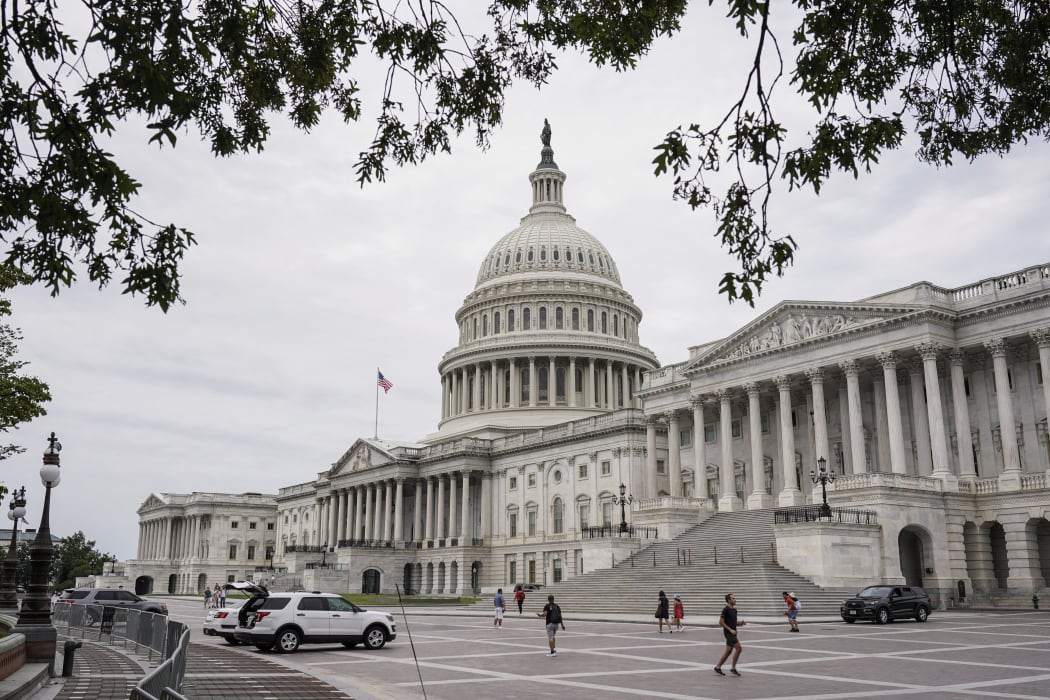
File image: The US Capitol Photo: Getty Images
US Senate unanimously condemns Putin as war criminal
The US Senate has unanimously passed a resolution condemning Russian President Vladimir Putin as a war criminal, a rare show of unity in the deeply divided Congress.
The resolution, introduced by Republican Senator Lindsey Graham and backed by senators of both parties, encouraged the International Criminal Court (ICC) in The Hague and other nations to target the Russian military in any investigation of war crimes committed during Russia's invasion of Ukraine.
"All of us in this chamber joined together, with Democrats and Republicans, to say that Vladimir Putin cannot escape accountability for the atrocities committed against the Ukrainian people," Democratic Senate Majority Leader Chuck Schumer said in a speech on the Senate floor ahead of the vote.
Russia calls its actions a "special military operation" to demilitarise and "denazify" Ukraine. Putin has also called the country a US colony with a puppet regime and no tradition of independent statehood.
Moscow has not captured any of the 10 biggest cities in the country following its incursion that began on 24 February, the largest assault on a European state since 1945.
- Reuters
